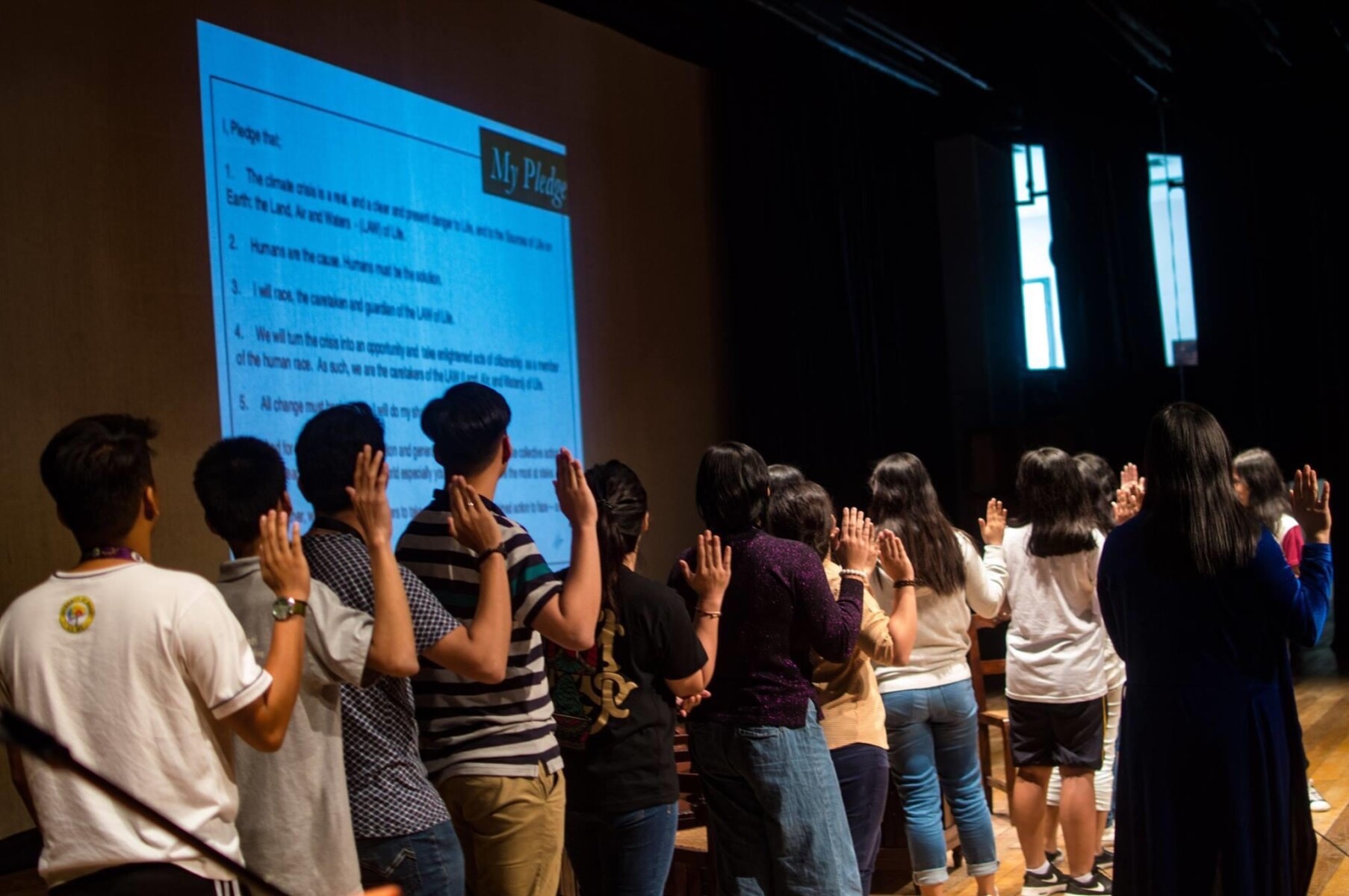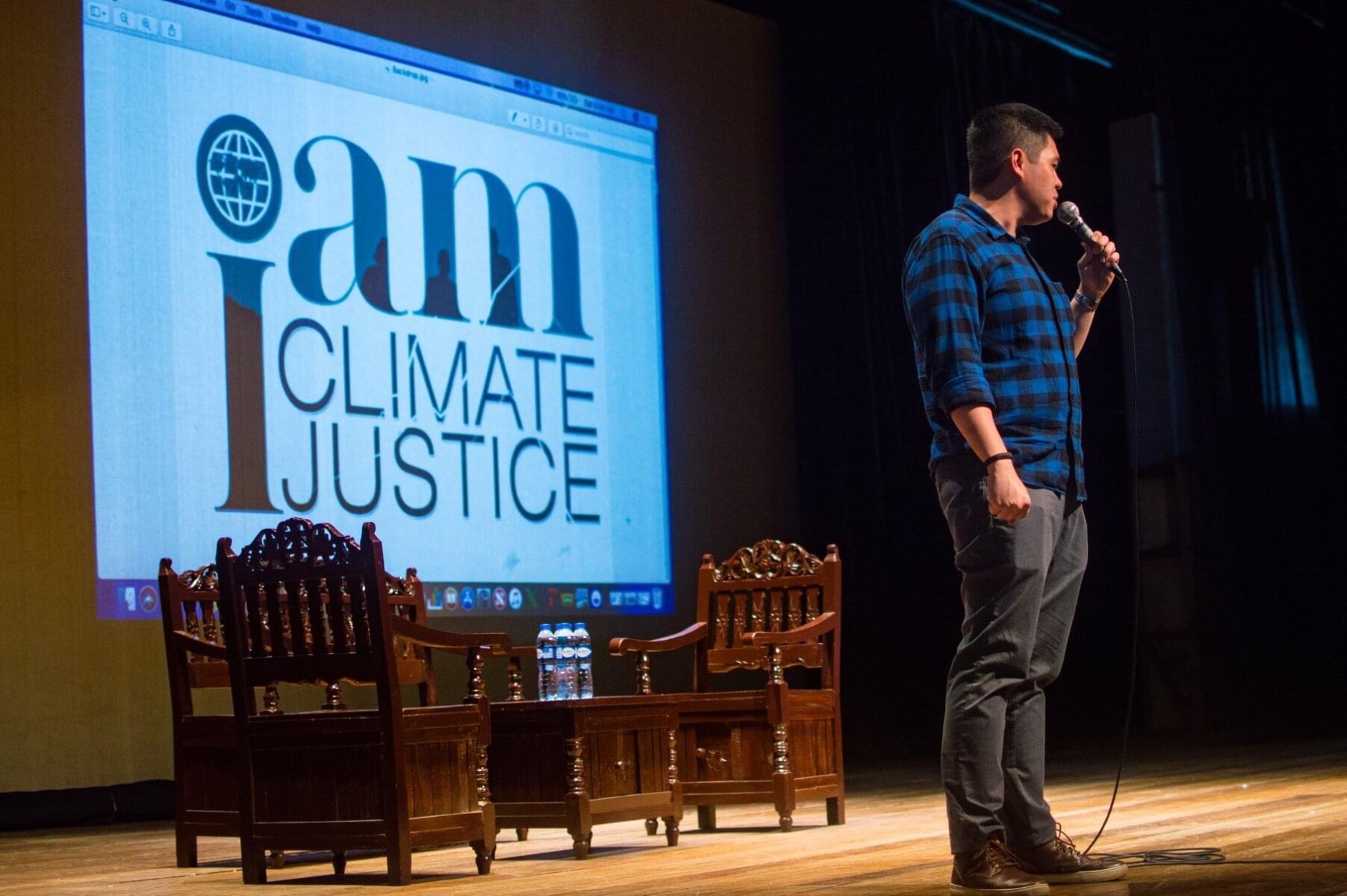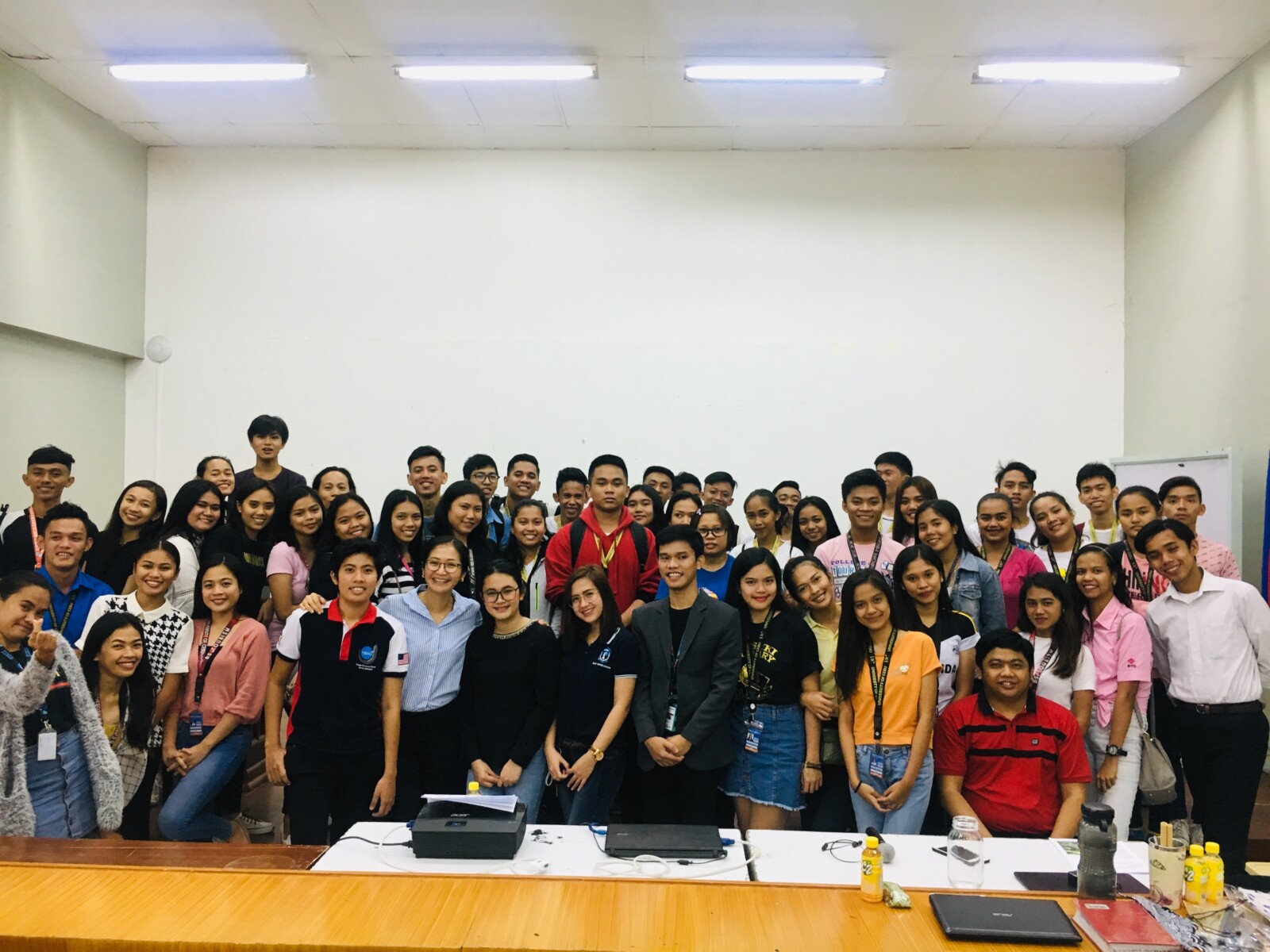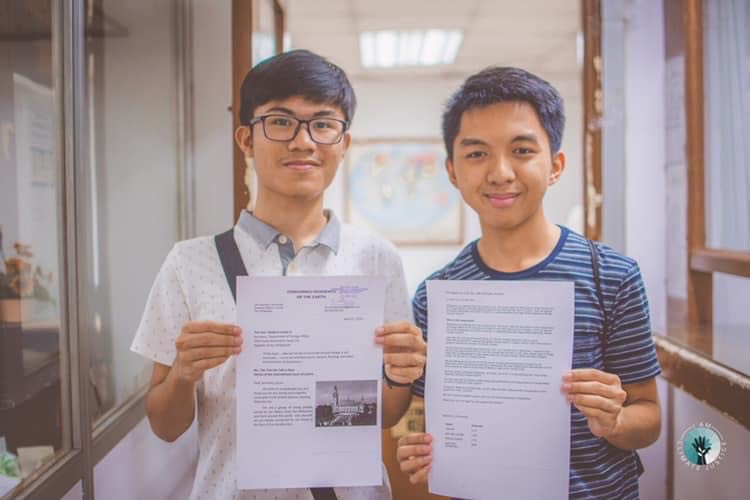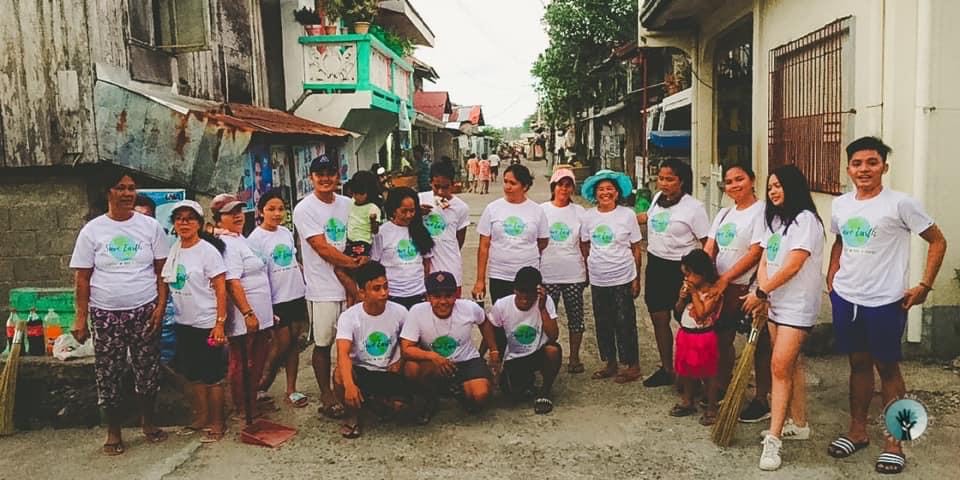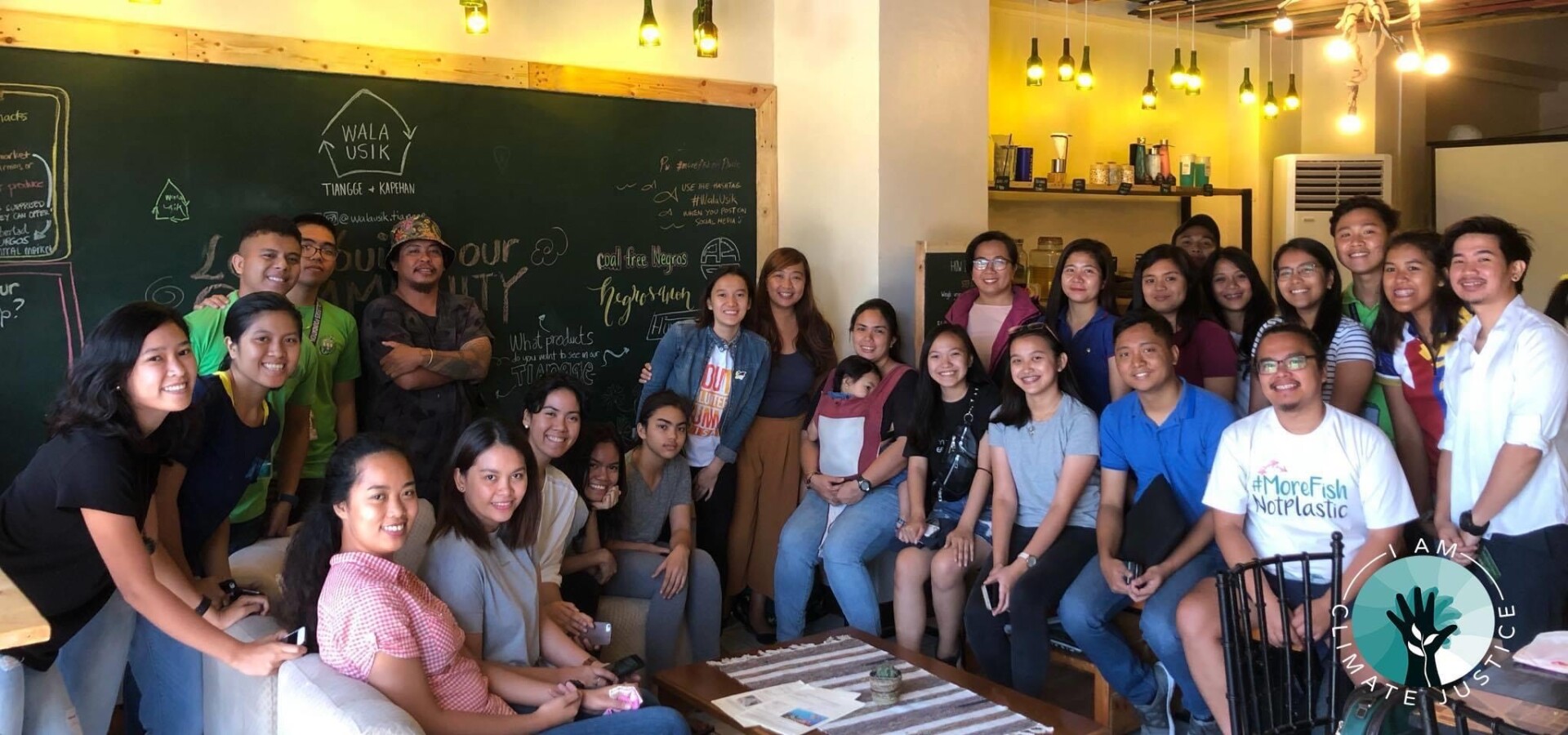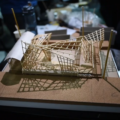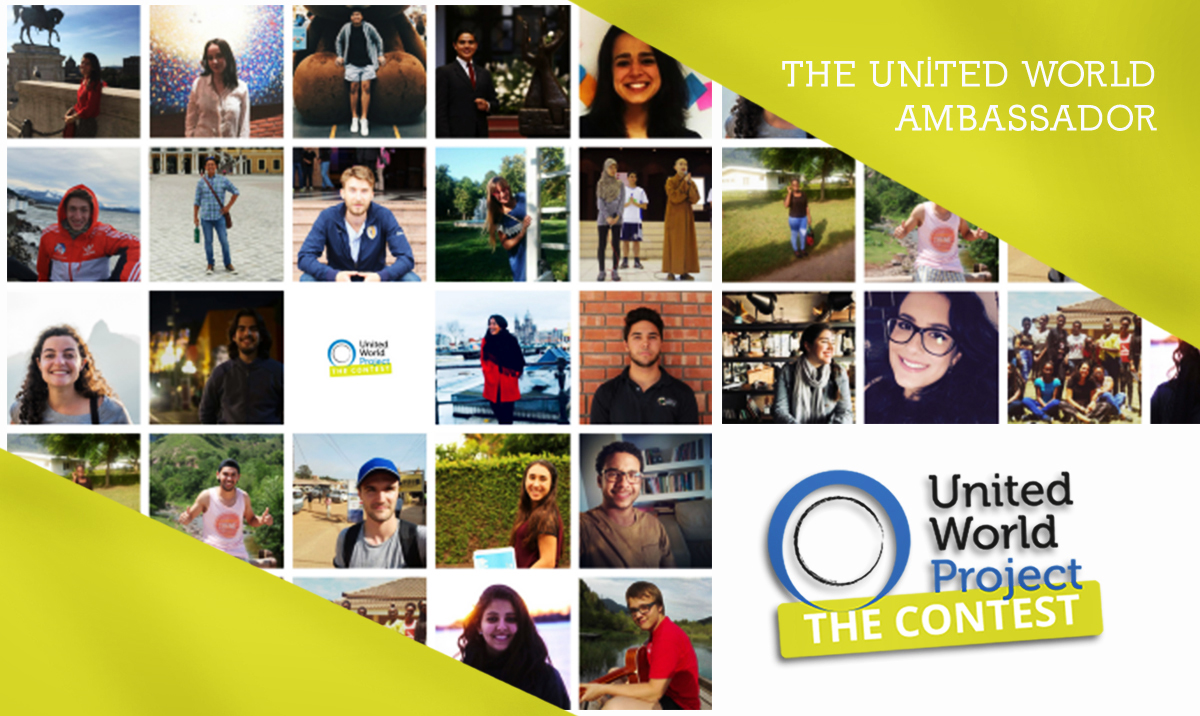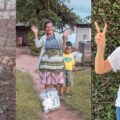
Workshop
I am Climate Justice
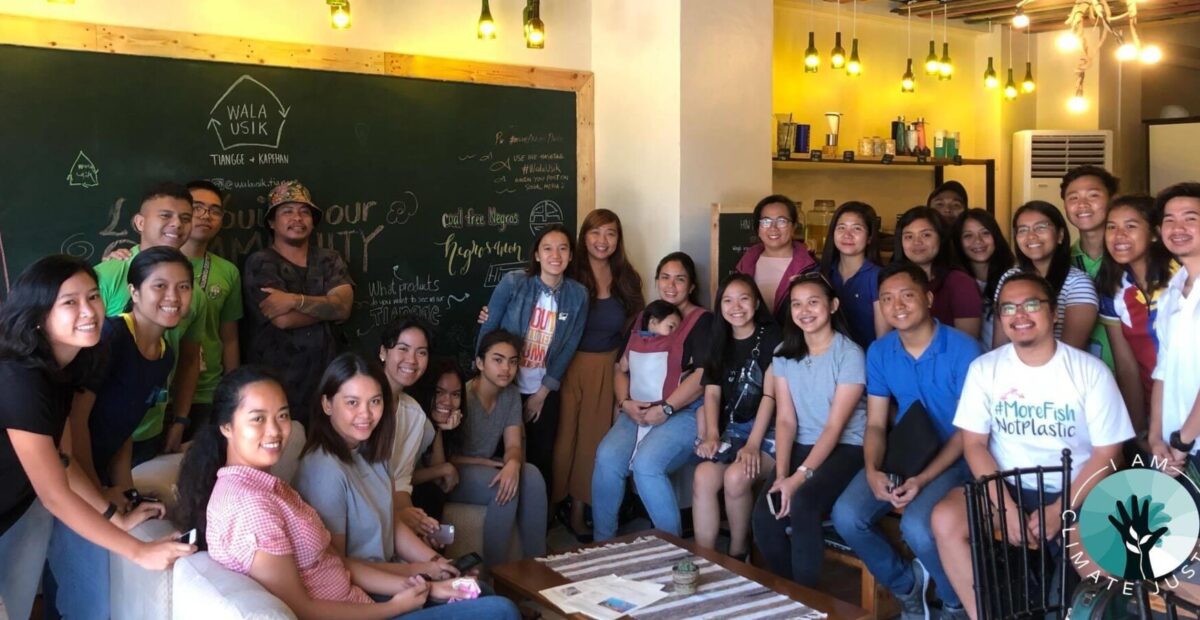
We talk to Nicole Ann Ponce, from Cebu, Philippines, a young volunteer in the climate justice movement “I am Climate Justice” about the beginnings and aims of ICJ, and the importance of each one of us doing our part to care for the planet.
ICJ – I am Climate Justice is a movement composed of volunteers around the world, students, activists, artists and high-profile lawyers, who use the power of the law to pressurize governments to protect future generations from the climate crisis. One such volunteer is Nicole Ann Ponce, who is passionate about political sciences, community development advocacy and care for the environment.
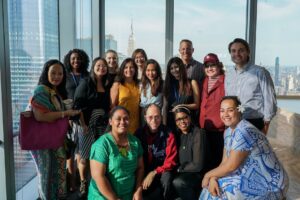
She began volunteering six years ago for Dr Antonio Oposa, the movement’s leader and lawyer, well-known on the world stage for his work in the field of environmental rights. His actions led to the so-called Oposa Doctrine, deriving from the 1993 case at the Supreme Court of the Philippines, which laid the foundation for the recognition of the concept of Intergenerational Responsibility for ecological wellbeing.
ICJ started with 3 areas of action, which it still maintains: the individual, the local and the national. The individual area began with inviting people to commit themselves to certain personal actions, no matter how small, such as not using more than one glass of water to clean our teeth. Through this, they created a database of the people who got involved, and began to measure the joint impact generated by all these actions, to demonstrate that however small the effort, an important result is achieved. Every small effort creates an impact which increases when you put all these “small impacts” together.
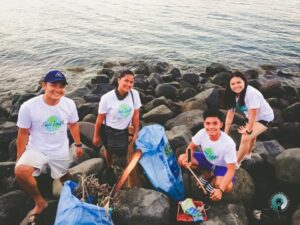
Having generated personal and local initiatives, they moved to the national level with four projects: “Food Gardens” (urban agriculture proposal), “Road sharing” (traffic control: designing cycle lanes, pedestrian crossings and walkways etc) and two other projects designed to promote rain water collection and drainage systems.
Through this action at local and national level, ICJ moved onto the international stage, when they were invited to participate in the 2019 United Nations Climate Change Summit in New York. They presented a petition to the International Court of Justice posing the question: “In this climate crisis, what are the duties of States under International Law to the present and future generations?”
During the UN Climate Change Summit, they also expressed their support for the legal action presented on 23 September by Greta Thunberg and others. They asked world governments to act decisively, seriously and with perseverance in acknowledging and tackling the climate emergency. They announced their intention to join forces with other groups of young people throughout the world to put pressure on their governments towards achieving real change.
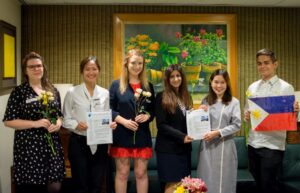
Nicole explains, “We want to create this legal document so that all the ICJ ‘s affiliates all over the world can start their own ‘mini revolutions’, revolutions of the mind and the heart”.
Revolutions like these start from people changing their daily habits. “Definitely, I think changing the mindset can really change everything. In fact we’re actually seeing it. It’s not as ‘in your face’ as we want it to be, but it’s definitely there. An example is the whole ‘plastic straws movement’,” which arose from one group of citizens. By changing their own behavior, they spread awareness to many people about the effects of using non-disposable plastic products. Their campaign eventually reached big fast-food companies, who changed their production methods. Some businesses changed their plastic straws to paper straws, others only serve them at client’s request and others have eliminated them completely.
“It’s a subtle change but it’s there. If you change the mindset of the people, you will notice that companies and businesses will follow, and even the Government. If people are loud enough to express this, then the rest will follow. And that’s why we want documents from, for example, the ICJ, because it will help in building and creating this institutionalized infrastructure, policies geared towards that,” continues Nicole Anne Ponce. “If we have a document from the ICJ, telling States that they have to be held accountable and their businesses have to incorporate sustainable packaging, for example; sometimes you only need one country to do it, and then everybody will follow”.
It can sometimes take a single individual to light a spark, just one person and their social network:
I would encourage everyone to share whatever shift you make. Post it in social media, because goodness is contagious, I’ve noticed that. It’s something contagious and people want to do it more. I mean we have to, even the little changes, it will affect the mindset a lot. This is actually cool, it’s cool to protect the environment, it’s cool to be sustainable, you know. Even that alone, does a lot.
The young ICJ volunteer believes the social network has a role to play. “This is actually when Social Media will come handy, and this is, hopefully, one of the reasons why I’m still in social media, because it has that power and it makes people start a conversation also”. We all have the power to do something like this, becoming protagonists in caring for the environment: to act and share.
“As of today, we really don’t have any Planet B, so even if we might want to, we don’t have the means to evacuate everyone. This is the only planet we have. If we were to encapsulate the history of the earth to 24 hours, humans actually came at the last minute. And it’s so sad to think that, in just this amount of time, we’re the ones who will destroy everything,” reflects Nicole. “We want to imprint to people that the Earth belongs to all of us. And we’re not just thinking of the present, but everything we’re doing right now affects the future generations, and that’s the most important thing”.
In order to undertake sustainable actions, you’re invited to find in this post some initiatives you can start for yourself in your own home.
Remember: if you make a start, or you’re already active in this field, don’t forget to share on social media: good actions can be contagious!
